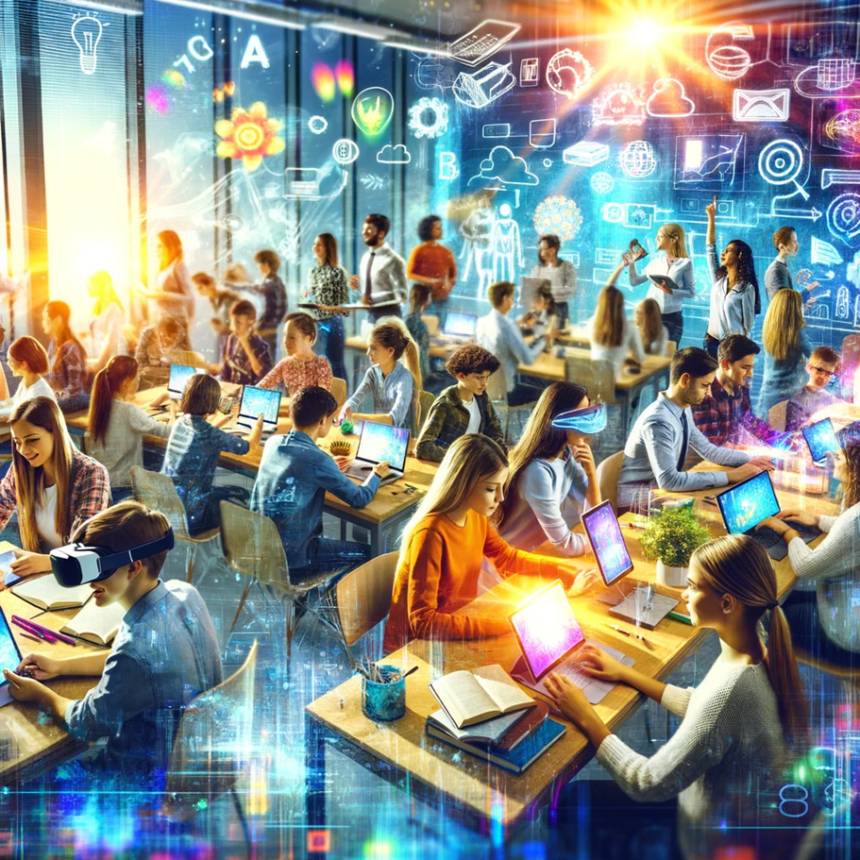The landscape of education is undergoing a significant transformation, thanks to the advent of digital technologies. These changes are not just superficial; they’re redefining the very essence of how knowledge is disseminated and acquired. From the integration of interactive learning tools to the global connectivity that virtual classrooms offer, the impact of digital technology on education is profound and far-reaching.
Personalized Learning Experiences
One of the most notable ways digital technology is reshaping education is through personalized learning. Adaptive learning software and online platforms now allow students to learn at their own pace, tailoring the educational experience to their individual needs, strengths, and weaknesses. This personalization helps to engage students more deeply and improves learning outcomes by addressing their specific learning styles.
Access to a World of Information
Digital technologies have democratized access to information, breaking down the geographical and financial barriers that once limited educational opportunities. With a device and internet connection, learners now have access to a vast repository of resources, including online courses, podcasts, and e-books, from anywhere in the world. This has opened up new possibilities for lifelong learning and continuous professional development.
Interactive and Engaging Learning Materials
Gone are the days of one-dimensional learning through textbooks alone. Digital technologies have introduced a range of interactive learning materials, such as simulations, virtual labs, and educational games. These tools not only make learning more engaging but also help students grasp complex concepts more easily by visualizing and interacting with the subject matter.
Collaboration Beyond Classroom Walls
Digital platforms have fostered a new era of collaboration, allowing students and educators to connect, share, and work together across the globe. Through forums, social media, and collaborative projects, learners can exchange ideas, provide feedback, and collaborate on assignments, broadening their perspectives and enhancing their learning experience.
The Challenge of Digital Literacy
As education continues to evolve with technology, there’s an increasing need for digital literacy among both educators and students. Understanding how to effectively use digital tools, navigate online information, and maintain cybersecurity are becoming essential skills in the digital age.
The integration of digital technologies in education is not without its challenges, including issues of access, privacy, and the digital divide. However, the potential benefits—such as increased accessibility, personalized learning, and the promotion of collaborative and interactive learning environments—highlight a promising future. As we continue to explore and understand these technologies, we have the opportunity to reshape education into a more inclusive, effective, and engaging system for learners around the globe.
















